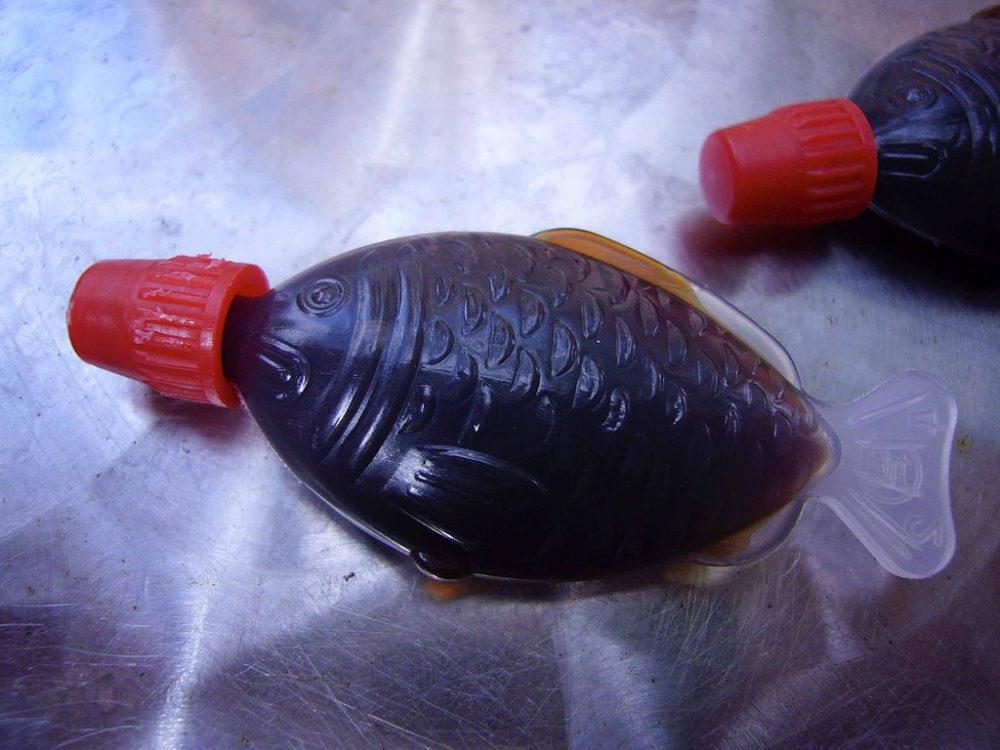South Australia Says No to Plastic Sushi Fish to Protect Oceans
Others are reading now
For many people, sushi comes with a small plastic fish filled with soy sauce. The tiny containers have been part of takeaway culture for decades.
But in one part of the world, their days are numbered. South Australia will become the first place to ban them, starting September 1, as part of a wider move against single-use plastics, according to the Guardian.
Goodbye to the “Lunch Charm”
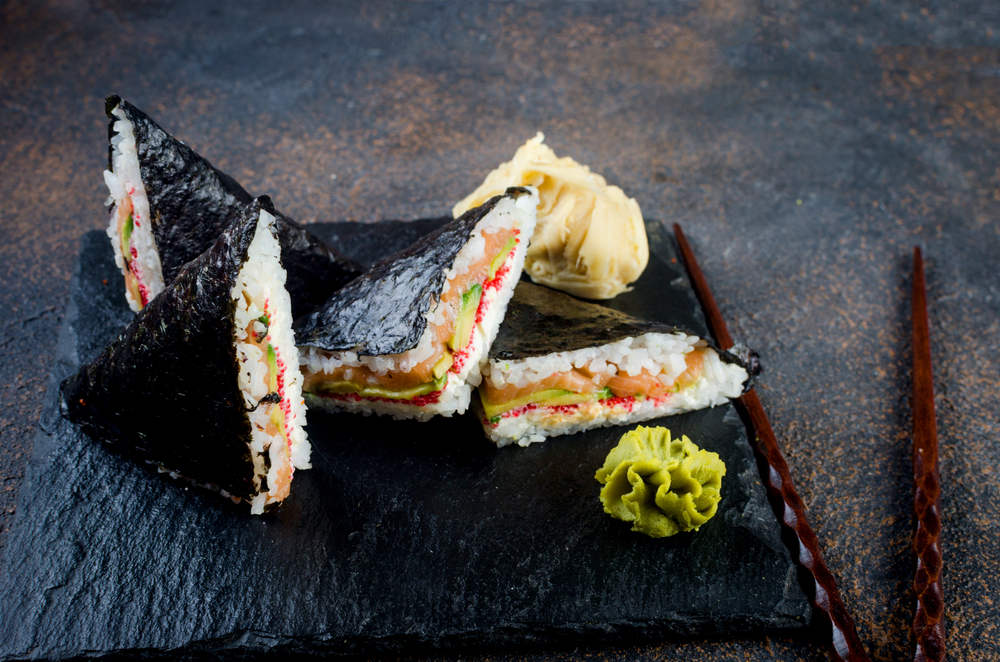
The fish-shaped container, called shoyu-tai in Japanese, was first created in 1954 by Teruo Watanabe, the founder of the Osaka company Asahi Sogyo.
Back then, people often used glass or ceramic bottles for condiments. The arrival of cheap plastic made it possible to create a small, disposable soy sauce holder shaped like a fish.
It was marketed as the “Lunch Charm” and quickly became popular in Japan before spreading worldwide.
Also read
Hoping of Change in the Industry
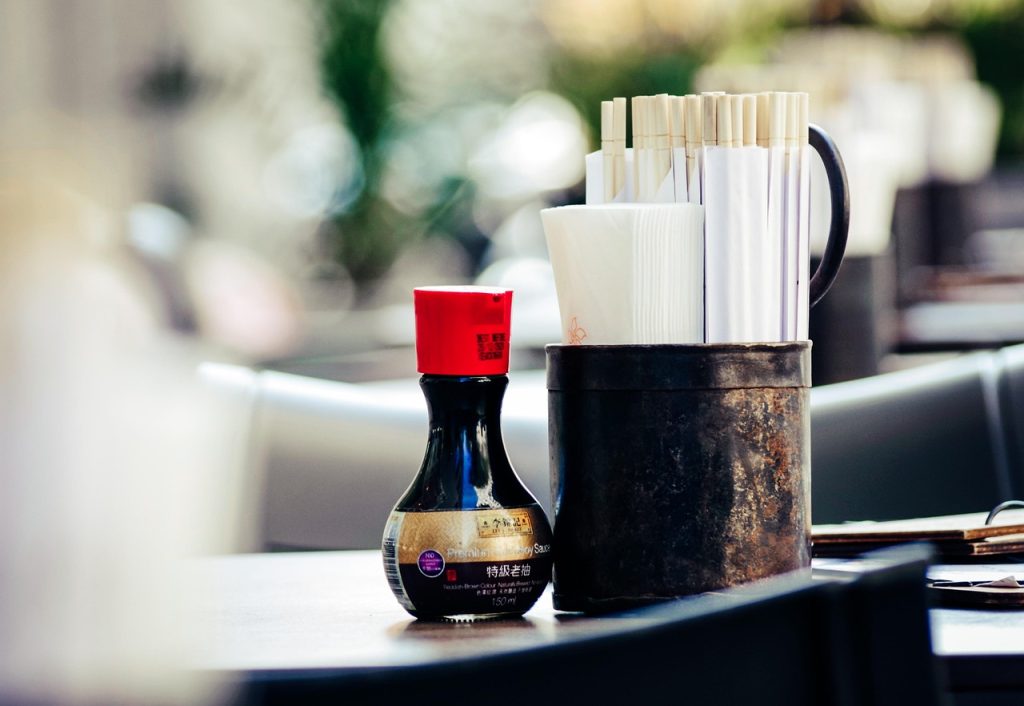
Under the new rules, South Australia will not allow these small plastic soy sauce containers if they hold less than 30ml.
Sachets will still be allowed, but the government hopes sushi shops will start offering bulk bottles or refillable options instead.
Easy to Lose Sight of
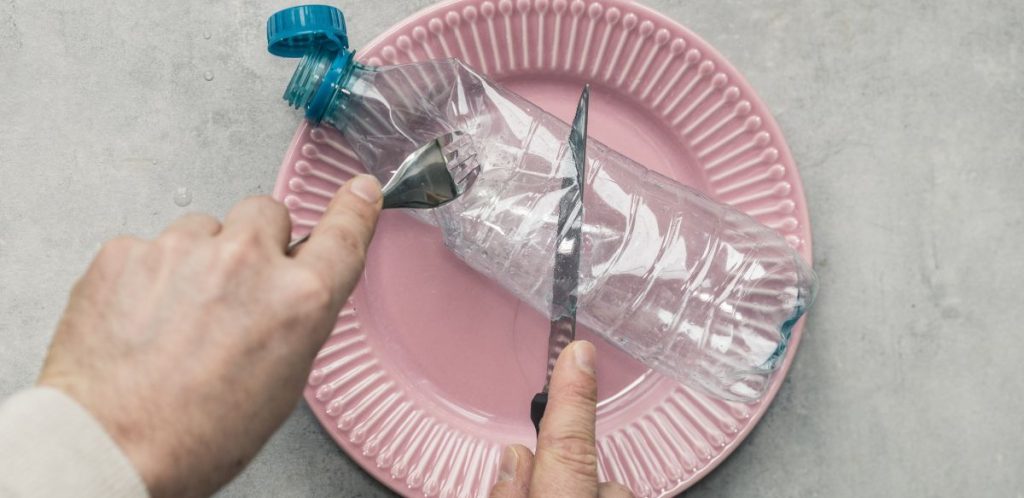
Susan Close, the state’s environment minister, explained the decision. She said the containers are only used for a few seconds.
Their size makes them easy to drop or lose, and many end up in drains, on beaches, or in the ocean.
Removing them, she added, helps reduce the amount of plastic waste entering the environment.
Also read
Dangerous for the Environment
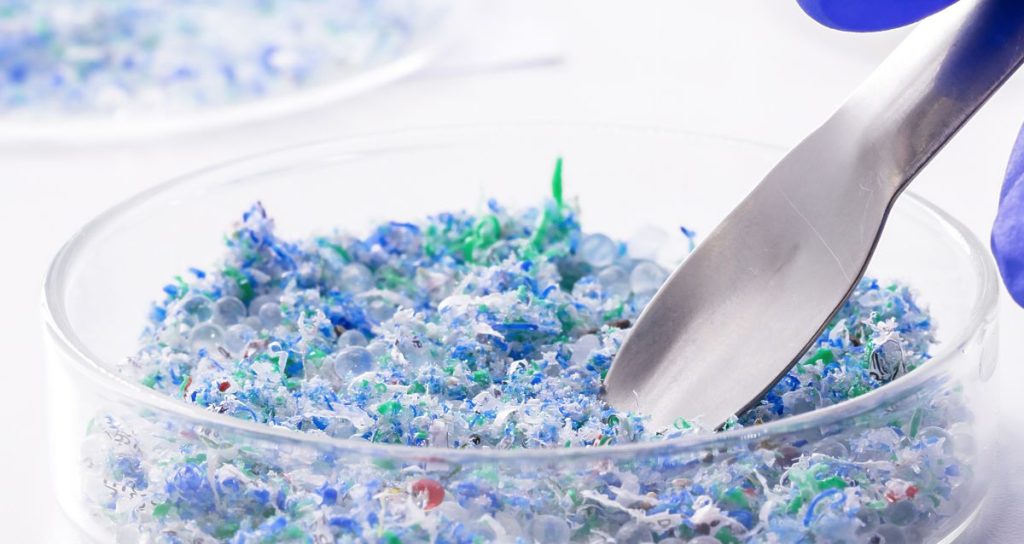
Other items are included in the ban as well. Plastic cutlery and polystyrene food packaging, such as the type used for instant noodles, are also being phased out.
Marine experts warn that the fish-shaped containers are especially risky for sea life.
Dr. Nina Wootton from the University of Adelaide said small animals can mistake them for food. If eaten, the plastic can cause harm long before it breaks down into microplastics.
More Action Is Needed
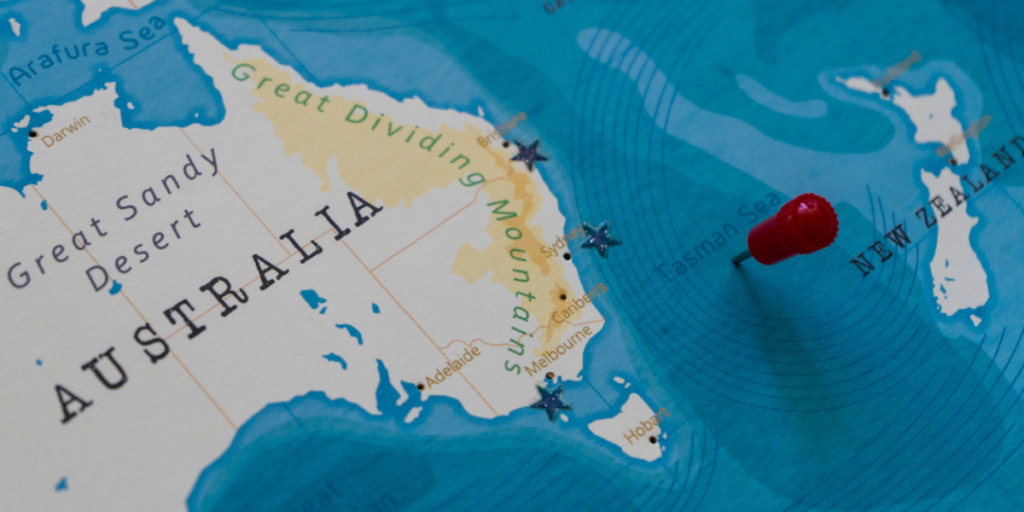
Environmental groups say the ban is a step in the right direction. Cip Hamilton from the Australian Marine Conservation Society said stronger action is still needed.
He called for broader laws that reduce plastic production and force companies to take responsibility.
Also read
Without that, he warned, Australia’s coastlines and marine life will remain under threat.

